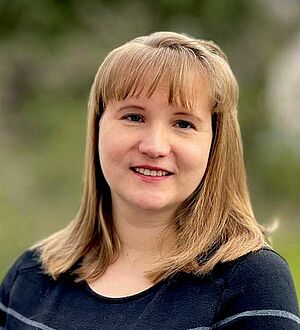This is a collaborative project with Dr. Jonathan Lim (Institute of Neuropathology, UKD)
About the project: The major oncogenic driver in 25-30% of all human cancers arises from abnormal activation of RAS signaling pathways. Moreover, a number of mutant RAS-driven cancers such as pancreatic adenocarcinoma, and cancers with constitutive RAS signaling, such as glioblastoma, remain incurable. This drives the impetus for novel and more efficacious therapeutic strategies. The focus of the project is to gain a systems-level understanding of how oncogenic signaling from RAS activation leads to remodeling of the glycoproteome, an area that is poorly understood. We employ the use of engineered cell lines, bioorthogonal chemistry, and targeted mass spectrometry approaches to obtain a global view of glycan and proteome changes, as well as to specifically investigate how some of these changes directly contribute to tumorigenic phenotypes. These mechanisms will be recapitulated in clinically-relevant cancer models towards the development of novel therapeutic interventions for difficult-to-treat cancers.


